Media coverage
Share

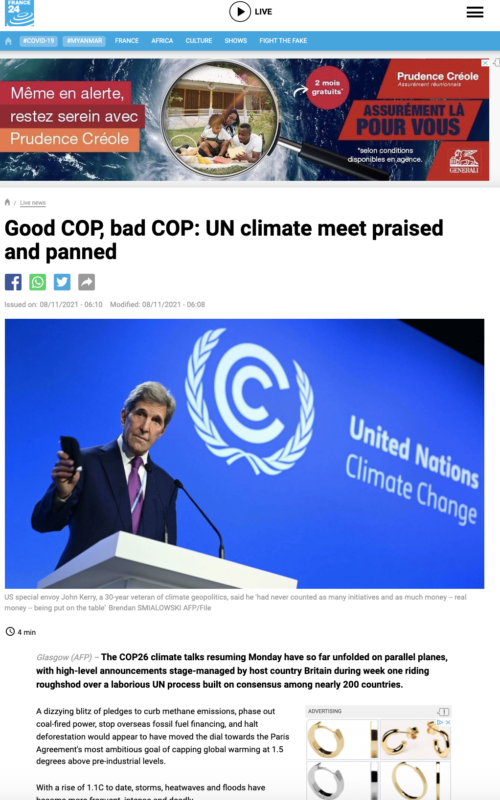
Our analysis of the IEA's 1.8°C pathway released during COP26 showed that it was incompatible with the 1.5°C limit of the Paris Agreement due to the large emissions gap in 2030.
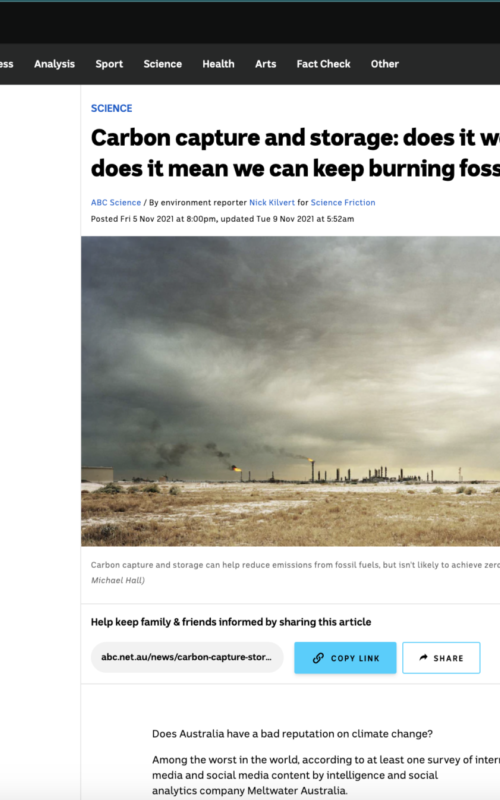
Bill Hare comments on the progression of CCS technologies, noting that they are still relatively nascent and not yet cost effective.
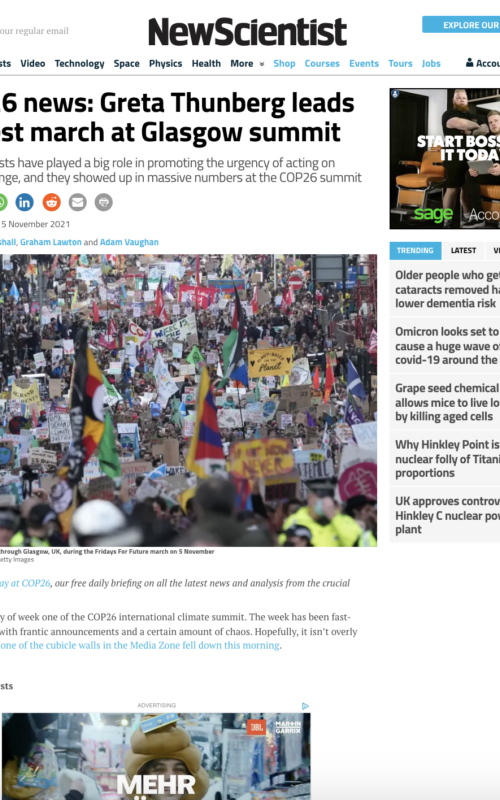
Our new report "Gas is the new coal" is mentioned in the New Scientists overview of the last day of the first week of COP26.
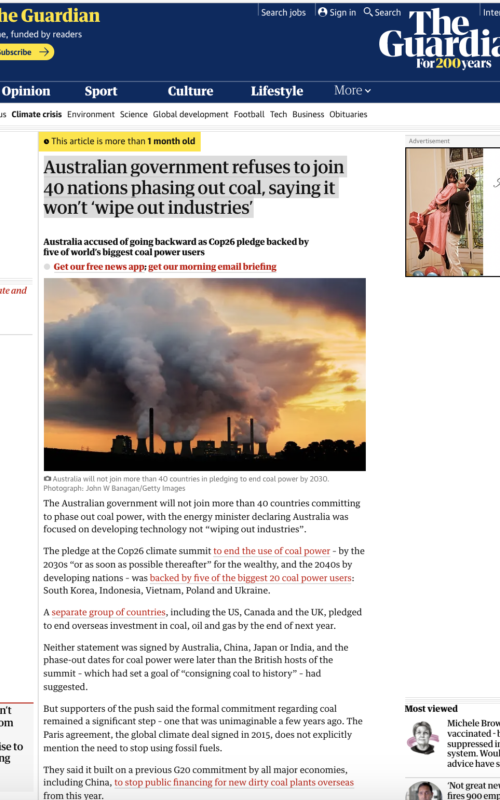
The Australian Government issues a statement that it will not phase out fossil fuels as it won't "wipe out industries" on the same day we release new analysis showing that there is no economic prospects for gas in a low carbon energy system - renewables will outcompete on both economic and environmental indicators.
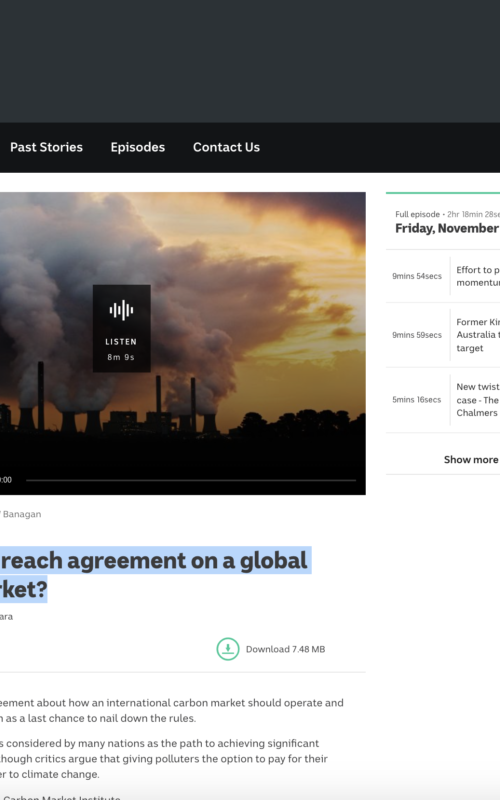
Bill Hare joins the ABC Radio National's breakfast programme to talk about one of the stickier unfinished sections of the Paris rulebook, which negotiators hope to finalise in Glasgow at COP26.
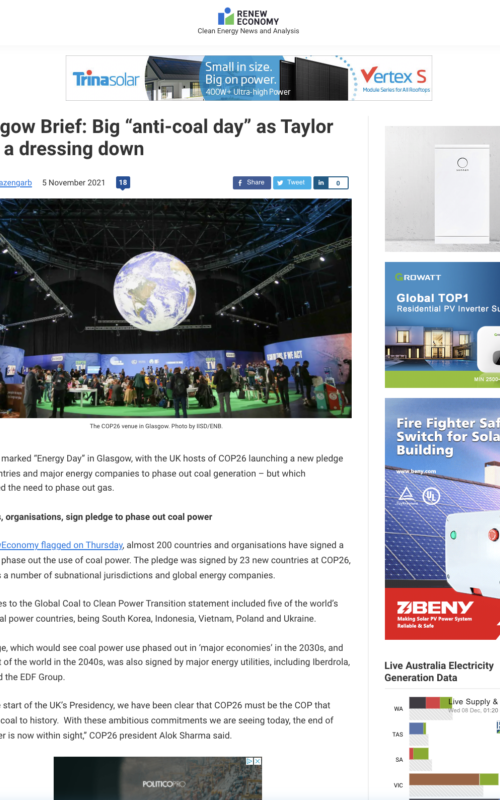
After "energy day" at COP26 RenewEconomy reflects on the coal commitments made by some, but notably not Australia, and where gas fits in, citing our new "Gas is the new coal report".
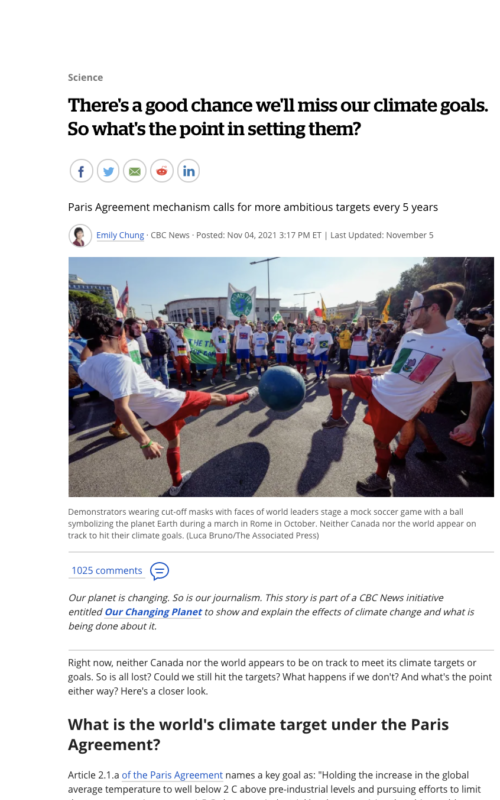
Matt Gidden comments on his new paper in Science, showing that current country pledges are not enough to limit warming to 1.5°C.


